In the realm of industrial fluid transport, acid and alkali resistant pumps play a pivotal role in handling corrosive liquids such as acidic and alkaline solutions. One crucial design consideration for these pumps is the type of impeller used, with two main variants: closed impellers and open impellers. This article will explore the differences between these two impeller types to help you better understand their characteristics and applications.
Closed Impellers:Closed impellers are characterized by their compact design, featuring:
-
Efficiency:Closed impellers typically exhibit higher efficiency because their blades move within a closed chamber around the hub, reducing leakage and turbulence losses.
-
Corrosion Resistance:Closed impellers withstand corrosive media as their design minimizes contact between the medium and the external pump components.
-
Applicability:Closed impellers are well-suited for transporting clean or slightly particle-laden liquids, such as acidic and alkaline chemicals, as well as feedwater.
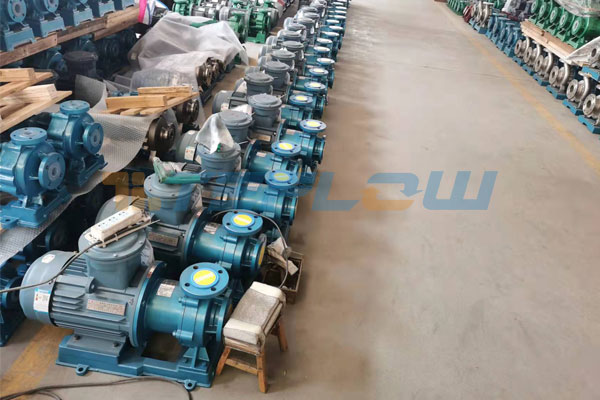
Open Impellers:Open impellers, in contrast to closed impellers, offer different attributes:
-
Safety:Open impeller designs allow for the presence of solid particles in the liquid, reducing the risk of damage to the pump and clogging.
-
Cleanability:Open impellers are relatively easy to clean and are suitable for handling viscous or easily agglomerated media.
-
Efficiency:Open impellers typically lag slightly in terms of efficiency because liquid experiences more leakage and turbulence losses as it passes through the pump.
Considerations for Choosing an Impeller:The decision to opt for either a closed or open impeller should depend on the following factors:
-
Nature of the Conveyed Medium:If the medium is clean, closed impellers might offer better efficiency. However, if the medium contains particles or tends to agglomerate, open impellers may be more suitable.
-
Operational Environment:Consider the specifics of the working environment, including temperature, pressure, and chemical characteristics, to determine which impeller type is a better fit.
-
Maintenance Requirements:Take into account the maintenance costs and cleaning needs of the pump, as this will influence the choice of impeller type.
The impeller type used in acid and alkali resistant pumps is a critical design element chosen based on specific application requirements. Closed impellers excel in efficiency and corrosion resistance, making them appropriate for clean liquids. On the other hand, open impellers are suitable for handling liquids that contain solid particles, are viscous, or prone to agglomeration, although they exhibit slightly lower efficiency. Making the right choice of impeller type ensures high performance and reliability in a particular application.





 +86 18130251359
+86 18130251359 teflowpumps@tlpumps.com
teflowpumps@tlpumps.com

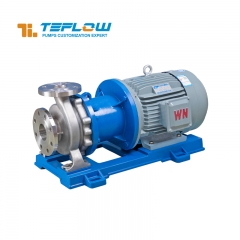
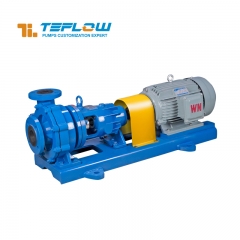
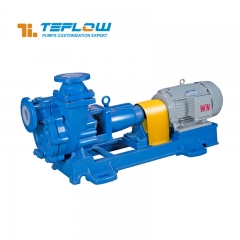
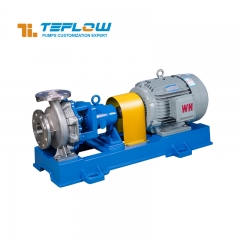








 +86+0563-5093318
+86+0563-5093318
